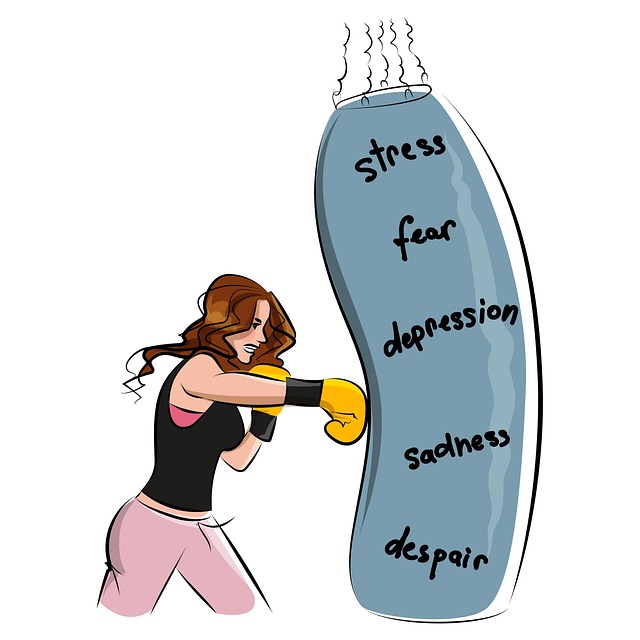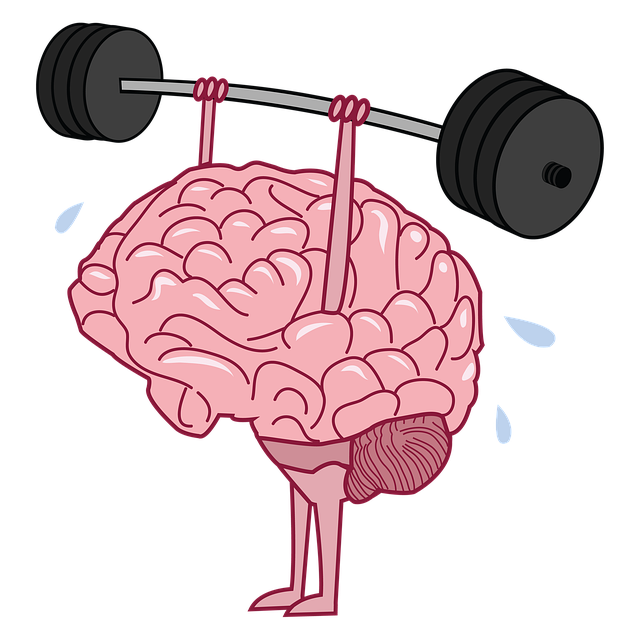Before launching a Wheat Ridge ADD-ADHD Evaluations & Therapy podcast, thorough pre-production planning is crucial for success. This includes identifying and understanding the target audience—individuals with ADHD, their loved ones, mental health professionals, and stigma reduction advocates—and researching relevant topics like evaluations, therapy, crisis intervention, and self-care routines. Creating detailed episode outlines, securing guests, and setting up recording equipment ensure a high-quality listening experience. By strategically defining core themes like self-care and building resilience, the podcast offers valuable resources for mental wellness improvement while destigmatizing ADHD.
Unleash the power of mental wellness with the “Wheat Ridge ADD-ADHD Evaluations & Therapy” podcast series—a comprehensive guide to production excellence. This article navigates the entire process, from strategic planning and pre-production to polished post-processing. Discover how to engage your target audience by identifying their unique needs, selecting expert guests, and crafting compelling episode outlines. Learn best practices for recording, editing, and distributing high-quality episodes that transform lives.
- Planning and Pre-Production
- – Identifying target audience for Wheat Ridge ADD-ADHD Evaluations & Therapy podcast series
- – Defining the core topics and themes to be covered
Planning and Pre-Production

Before diving into production, meticulous planning and pre-production are crucial for a successful mental wellness podcast series. This includes defining your target audience, understanding their needs, and tailoring content that resonates with them. Researching and integrating relevant topics like Wheat Ridge ADD-ADHD evaluations and therapy, crisis intervention guidance, and self-care routine development for better mental health can greatly enhance the show’s value. Creating a detailed outline of each episode, identifying key guests or experts to interview, and establishing a consistent format ensures a smooth flow of information.
Pre-production also involves setting up necessary equipment, such as microphones and audio editing software, and ensuring optimal recording environments. Building resilience in your approach by preparing for potential challenges—like technical difficulties or unexpected guest cancellations—is essential. This meticulous planning not only guarantees high-quality content but also fosters a sense of confidence and control throughout the production process.
– Identifying target audience for Wheat Ridge ADD-ADHD Evaluations & Therapy podcast series

Identifying the target audience is a crucial step in producing the Wheat Ridge ADD-ADHD Evaluations & Therapy podcast series. This series aims to destigmatize mental illness, particularly Attention Deficit Hyperactivity Disorder (ADHD), by providing valuable insights and personalized therapy. The primary listeners will likely be individuals who struggle with ADHD or know someone who does—whether it’s parents, teachers, or adults seeking self-improvement. By catering content to these audiences, the podcast can offer tailored strategies for managing symptoms and improving overall well-being.
Moreover, Wheat Ridge ADD-ADHD Evaluations & Therapy can also target mental health professionals and advocates involved in Mental Illness Stigma Reduction Efforts. These individuals play a vital role in public awareness campaigns development and Community Outreach Program Implementation, and the podcast can serve as a resource for staying informed about the latest research and therapies. Engaging this demographic ensures that the series contributes to broader efforts to create a more understanding and supportive society.
– Defining the core topics and themes to be covered

When producing a mental wellness podcast series, defining core topics and themes is pivotal. The series should aim to cover a range of issues that resonate with a broad audience while also catering to specific needs like Wheat Ridge ADD-ADHD Evaluations and Therapy. Incorporating segments on Self-Care Routine Development for Better Mental Health can significantly appeal to listeners seeking practical advice for enhancing their mental wellness.
Themes may include fostering resilience, navigating stress management techniques, and exploring the intersection of mental health with daily life challenges. Weaving in discussions around Confidence Boosting strategies can empower listeners, helping them overcome personal hurdles and achieve a sense of well-being. Ultimately, a well-curated podcast series should offer both informative content and actionable insights for listeners to implement into their lives.
Producing a mental wellness podcast, such as the Wheat Ridge ADD-ADHD Evaluations & Therapy series, involves careful planning and execution. By identifying a specific target audience and defining core topics like evaluation methods and therapy techniques, creators can craft engaging content that resonates with listeners seeking support and guidance. This strategic approach ensures each episode delivers valuable insights and practical advice, fostering open conversations about mental health in the Wheat Ridge community and beyond.














